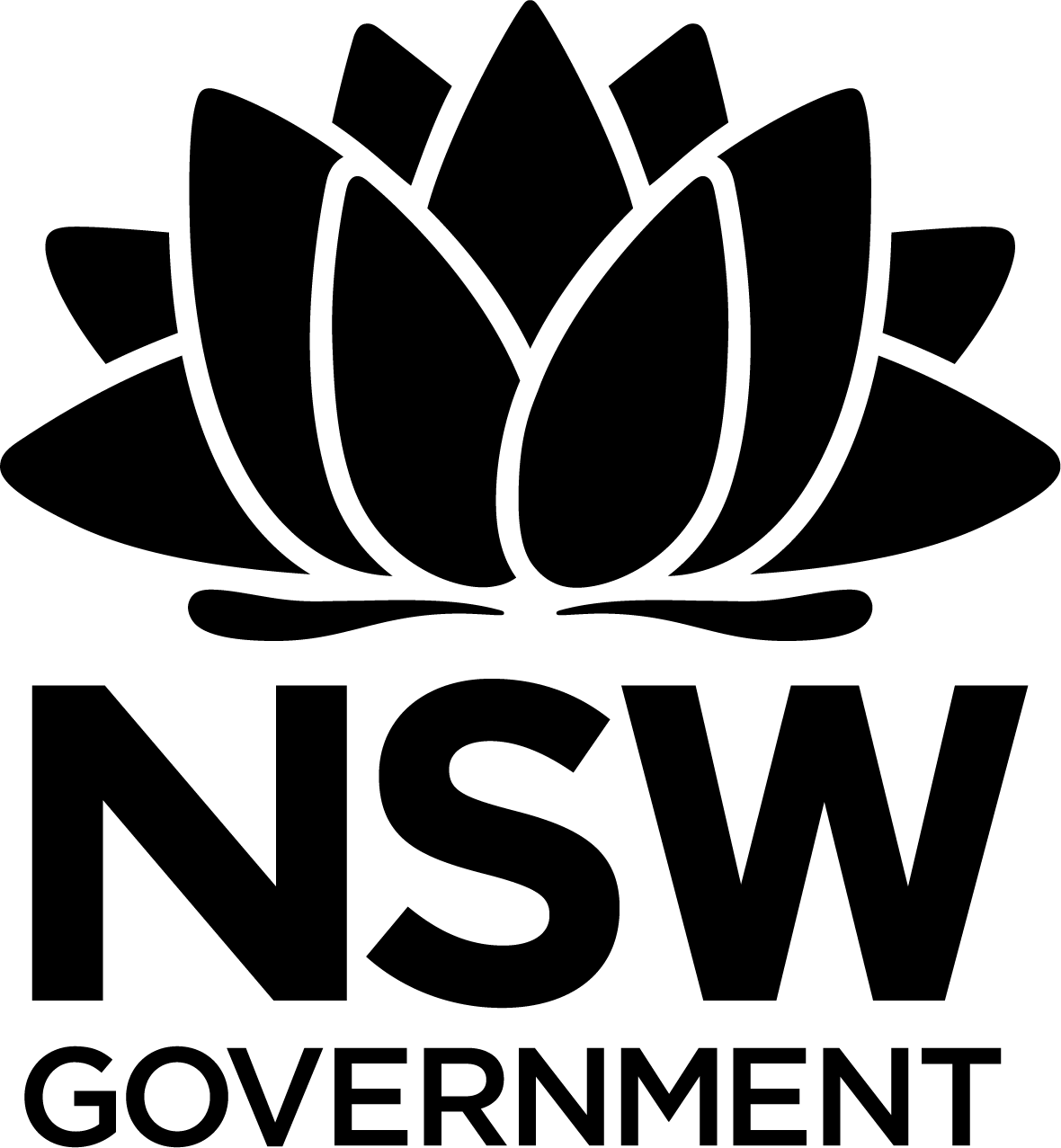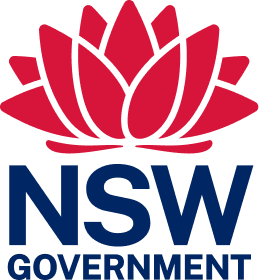
Crown land manager resource
- Home
- Administration
- Procurement
- CLM Procurement Code of Conduct
Explore this section
CLM Procurement Code of Conduct
Back to Procurement
Action required: EPA investigation into asbestos in mulch
Crown Lands is seeking information from non-council Crown land managers regarding any use of imported mulch on the Crown reserves they manage.
CLM Procurement Code of Conduct
Procurement and contracting are areas where, even with the best of intentions, significant ethical problems can arise unless those involved are aware of the potential pitfalls and take conscious action to avoid them.
The following code of conduct has been prepared for Crown land managers (CLMs) and reserve user groups to guide procurement activities. The code details the principles and behaviours that must be followed.
1. Accountability/transparency/impartiality
Funding recipients should seek to ensure that their procurement is at all times fair, ethical, transparent and even-handed. The decision about which supplier to use is to be based on information that:
- is correct and complete
- excludes irrelevant information or unsubstantiated opinions
- is fully and properly documented
- minimises the risk of personal bias.
2. Confidentiality
Quote details, and any other material provided to funding recipients, is to be treated commercial-in-confidence. The information must be kept secure and not disclosed to any other supplier or third party. The requirement for confidentiality does not cease with the award of the contract concerned.
3. Conflict of interest
CLMs must not use information obtained in the course of their decision-making duties to gain a direct or indirect advantage for themselves. Individuals who are responsible for deciding which supplier to use must disclose to the CLM leadership (e.g. all members of the CLM executive) if they become aware of any interest that they, or any member of their family, or any close friends and relationships, hold or are offered, that might possibly be thought to conflict with their duty to make a fair and even-handed decision. For example, the individual or one of their relatives or close friends works for or has shares in a potential supplier.
In most cases, early and open disclosure of such an interest may allow the CLM to prevent a conflict of interest occurring. If the conflict is not serious, no action beyond disclosure may be required. If the conflict is serious, it may be necessary for the individual to be excluded from the decision-making process.
4. Gifts, gratuities, hospitality
Gifts, gratuities and hospitality include such things as monies, credits, discounts, presents, food and drink, clothing, tickets to events, travel or hotel expenses and any other form of entertainment. Individuals must not accept any gifts, gratuities or hospitality from a potential supplier during, or within a reasonable time following, the procurement process.
5. Conduct of Suppliers
CLMs and reserve user groups must not engage with suppliers that are:
- bankrupt
- have a history of poor performance, or inappropriate conduct
- insolvent
- are corporate entities with officers who are disqualified under the Corporations Act 2001
- considered as being unable to meet the requirements of a procurement, such as delivering on time
6. Declaration of interest form
All individuals involved in the decision-making process must complete a Declaration of Interest form to divulge any actual or perceived conflicts of interest or to declare no conflict of interest exists. This form must be updated and communicated to the CLM leadership if the circumstances change during the course of the procurement.
For more details on managing conflicts of interest including a step-by-step guide and template declaration documents please see the managing conflict section.
Sign up for our eNewsletter to receive updates.
This Crown land manager web resource was printed on 27 Jul 2024. The information contained in this web resource is based on knowledge and understanding at the time of writing Jul 2024. However, because of advances in knowledge, users are reminded of the need to ensure that the information upon which they rely is up to date and to check the currency of the information by referring to the website (www.reservemanager.nsw.gov.au).
© State of New South Wales through Department of Planning, Industry & Environment 2024.
Page link: https://reservemanager.crownland.nsw.gov.au/administration/procurement/procurement-code-of-conduct
- Home
- Administration
- Procurement
- CLM Procurement Code of Conduct

